You know that moment when you head outside for your daily walk or commute, and suddenly you’re worrying about sunburn, dark spots, or that irritating dryness creeping in? I’ve felt that same anxiety, knowing how relentless UV rays and air pollution can speed up skin aging, trigger irritation, and even raise risks like skin cancer—it’s a common struggle we all face in our busy lives.
But here’s the good news: this guide empowers you with 6 smart, inclusive ways to shield your skin, from everyday sunscreens and potent antioxidants like vitamin C, to gentle cleansers, nourishing barrier creams with ceramides or hyaluronic acid, vitamin-rich foods packed with E and A, and other trending tips for 2025.
Dive in and reclaim your confident, glowing skin starting today!
Key Takeaways
Use a broad-spectrum sunscreen with SPF 30 or higher every day. Mineral sunscreens with zinc oxide or titanium dioxide block over 97% of harmful UVB rays and protect all skin types, including sensitive skin and those with eczema (Dr. Singh; U.S. dermatologists).
Add antioxidants like vitamin C, E, and green tea to your daily skincare routine. Serums with l-ascorbic acid (10–20%) reduce free radical damage from sun and pollution. Using these in the morning and at night gives extra protection.
Strengthen your skin barrier by using moisturizers with hyaluronic acid and ceramides (brands: La Roche-Posay, CeraVe). These help keep moisture in and prevent dryness caused by air pollution or harsh cleansers.
Cleanse your face gently twice a day (morning/night) to remove dirt, dust, oil, makeup, and pollutants. Double cleansing—first an oil-based cleanser then water-based—gives better results for city dwellers exposed to smog.
Eat more foods high in antioxidants like berries, spinach, tomatoes, vitamin C/E-rich produce, or green tea. Drink about 8 glasses of water per day and manage stress levels for healthier-looking skin and fewer breakouts (EPA; expert advice).
Table of Contents
Why Use Sunscreen Daily?
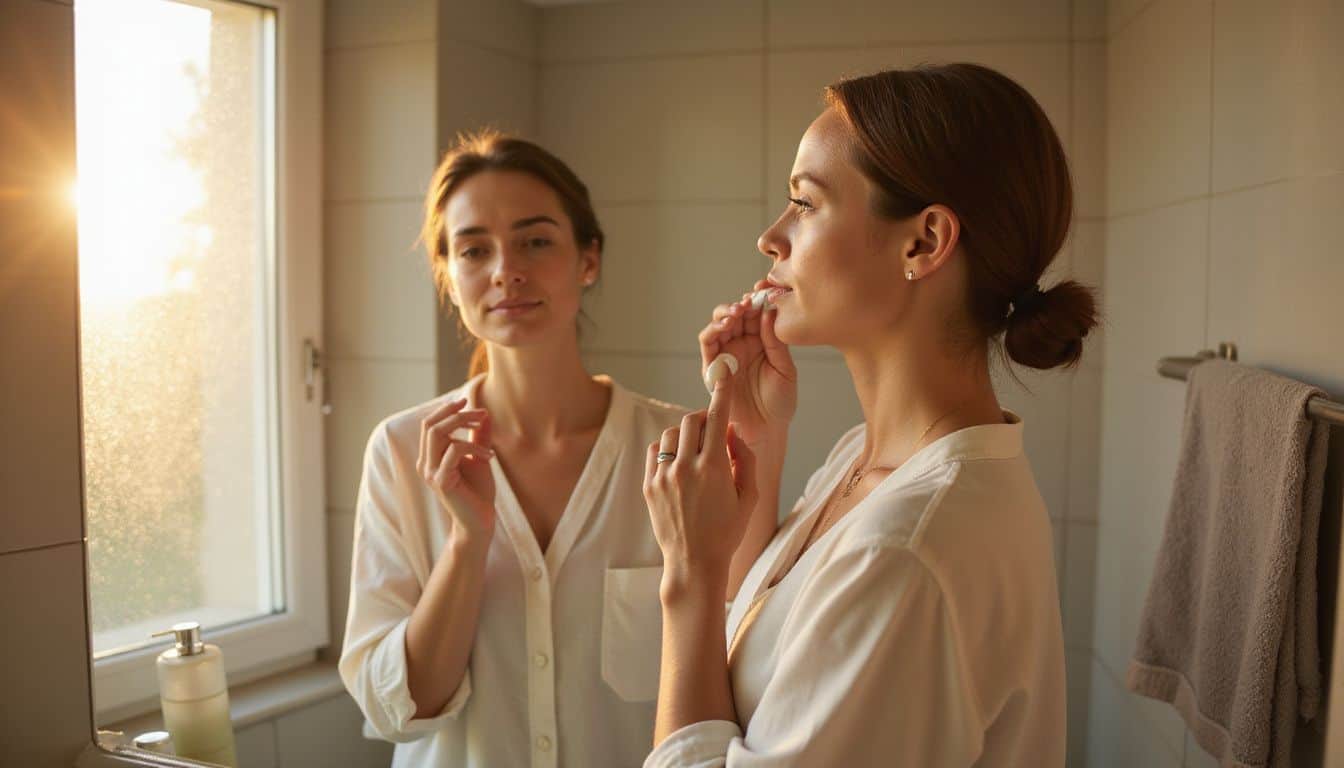
Sunscreen protects skin from UV radiation, which lowers your risk of sunburn and premature wrinkles—think of it as daily armor for your face. Using SPF with zinc oxide or titanium dioxide blocks both UVA and UVB rays, giving strong broad-spectrum protection against DNA damage and skin cancers.
What type of sunscreen offers the best broad-spectrum protection?
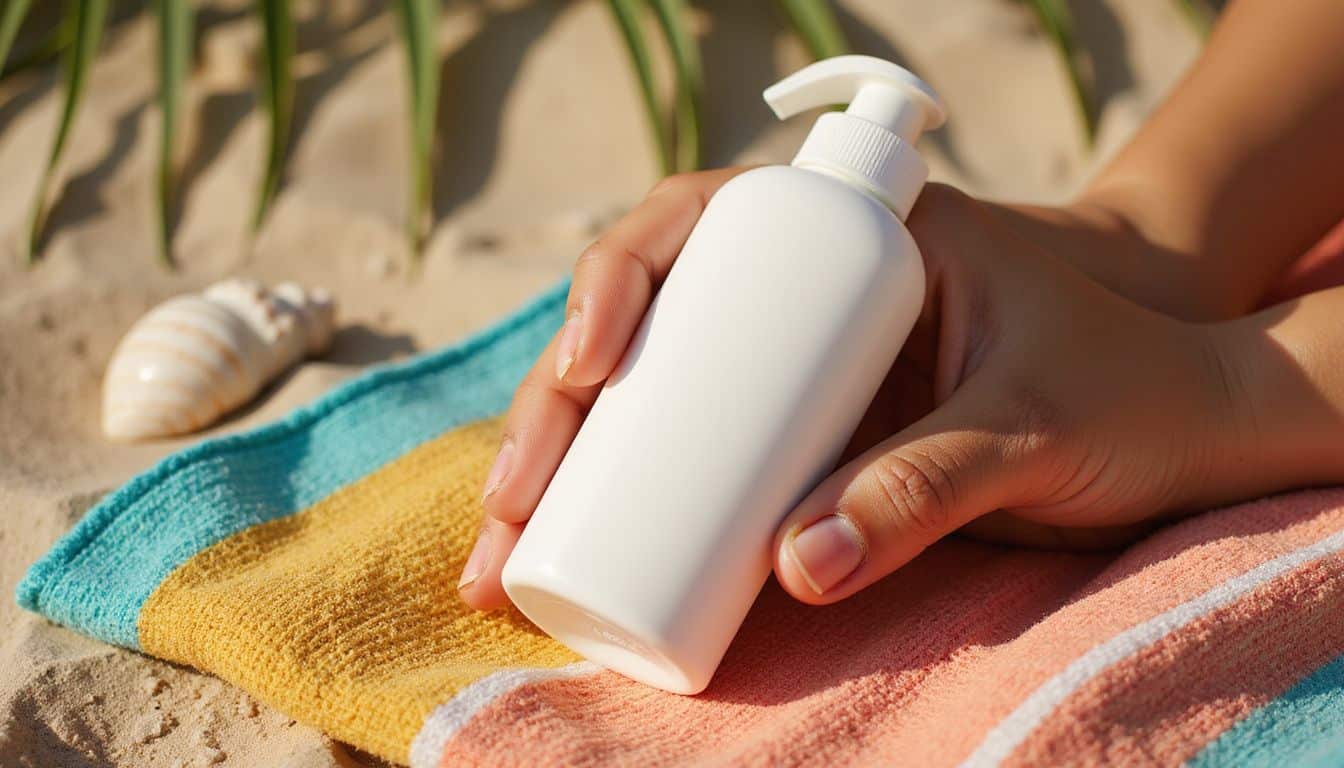
Choose broad-spectrum sunscreens with SPF 30 or higher every day. These block both UVA and UVB rays, which lower your risk of skin cancers, wrinkles, and DNA damage. Mineral-based formulas work well for sensitive skin.
Titanium dioxide and zinc oxide act like shields against sun exposure. They also give good results for women with eczema or rosacea.
Mineral sunscreen products start to protect the moment you put them on; chemical ones need about 15 minutes. Lotions using titanium dioxide or zinc oxide do not use tiny nanoparticles that may irritate the skin barrier as some aerosol sprays do.
Dermatologists in the United States strongly support mineral spfs for daily face care routines.
A quality mineral sunscreen with zinc oxide protects from over 97 percent of harmful UVB rays.
Should I choose mineral-based sunscreens for better skin defense?
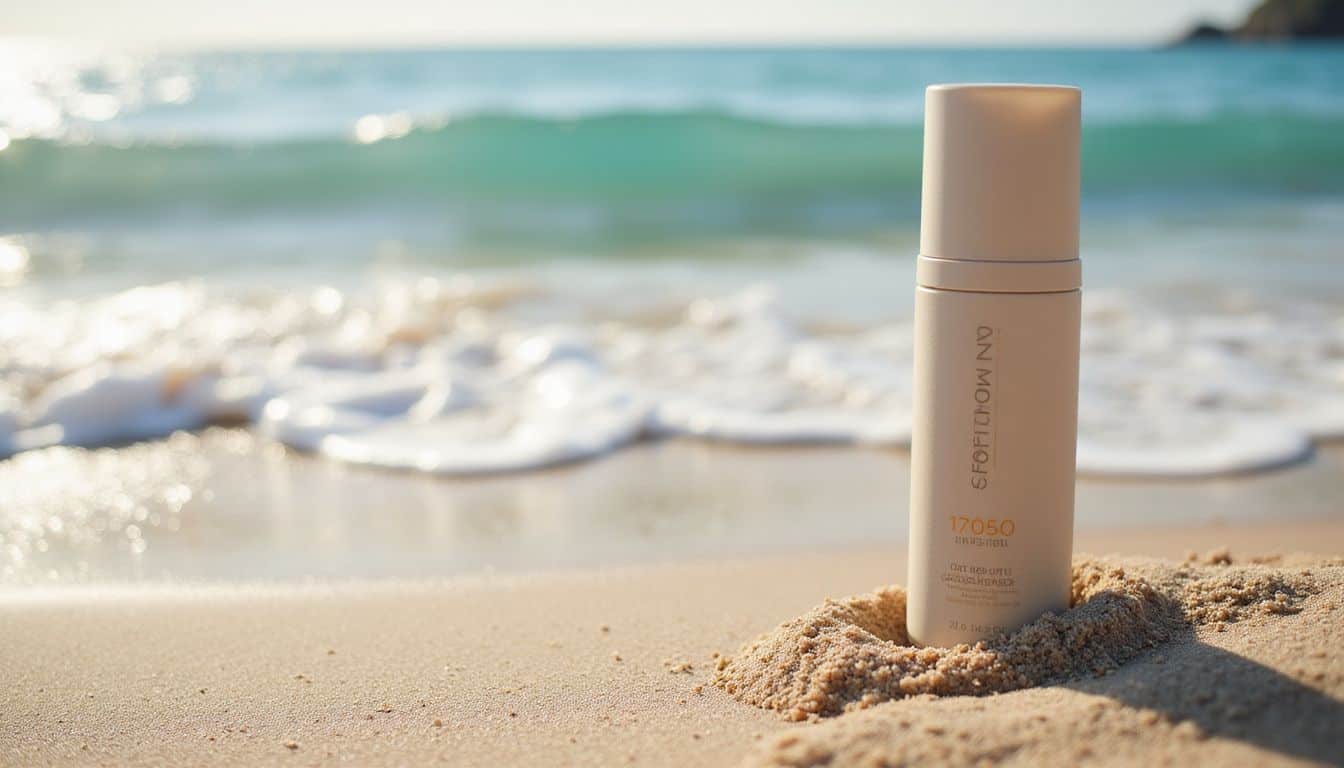
Mineral-based sunscreens use zinc oxide or titanium dioxide to block ultraviolet (UV) rays. These small particles sit on the skin and stop both UVA and UVB light from causing damage.
Dermatology studies show mineral sunscreens lower the risk of non-melanoma skin cancers like basal cell carcinoma. They can also protect against free radicals, oxidative stress, and sun inflammation that lead to aging.
Sensitive skin types often react less to mineral options compared to chemical sunscreen ingredients such as oxybenzone or avobenzone found in many cosmetic products. Using a broad-spectrum mineral formula daily shields your face from particulate matter, blue light from screens, indoor air pollutants, ozone pollution, nitrogen dioxide emissions outdoors, and smoke filled with polyaromatic hydrocarbons (PAHs).
Skin-care experts agree—mineral-based sun protection offers better defense for all ages year-round.
Incorporating Antioxidants into Your Skincare Routine
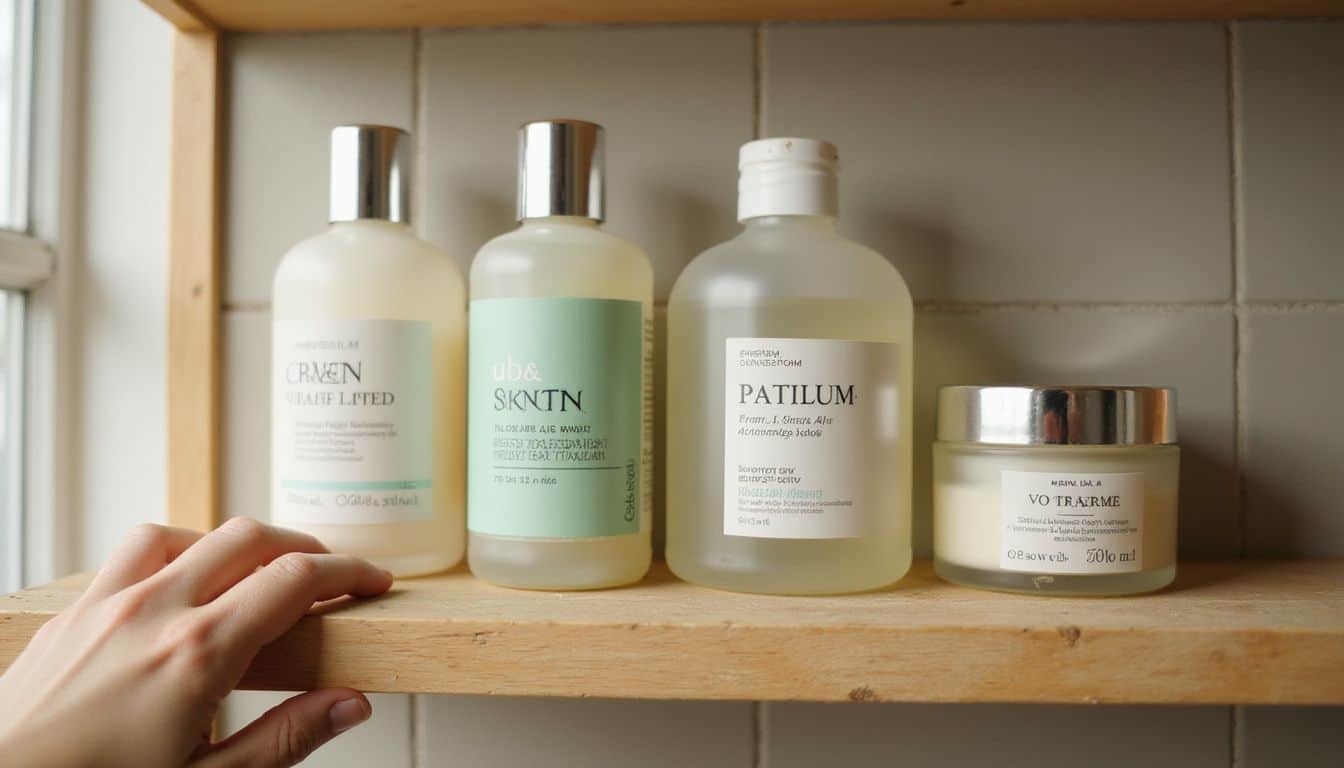
Antioxidants like vitamin C or green tea work well in serums and creams, helping to fight skin inflammation from pollutants. Using a face cream with vitamin E protects your skin against UV light—try adding these care products to your daily routine for stronger defense.
Which antioxidants like vitamin C, E, or green tea extract are effective in serums?
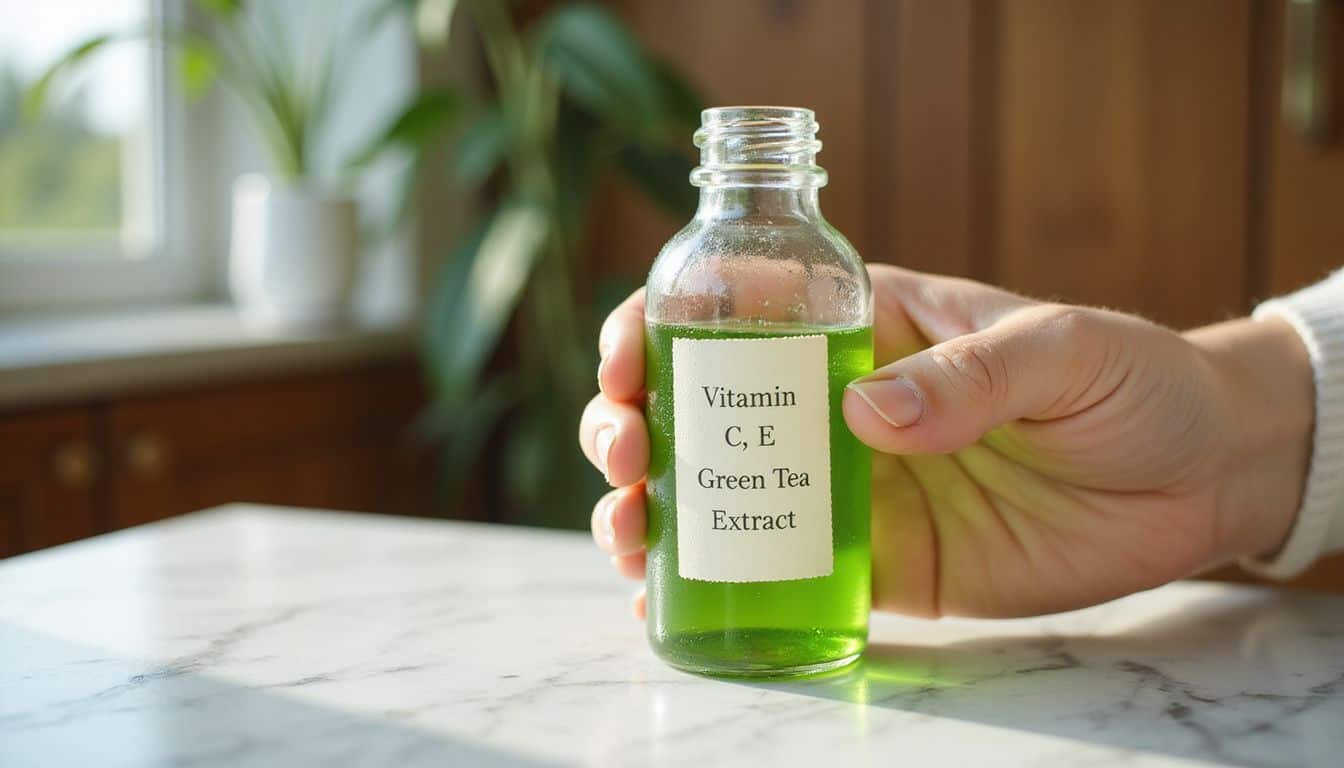
Vitamin C, vitamin E, and green tea extract protect skin from damage. Serums with l-ascorbic acid (vitamin C) can neutralize free radicals fast. Vitamin E works with vitamin C to boost defense against oxidative stress caused by sunlight or pollution.
“Vitamin E plus vitamin C doubles the protection,” says Dr. Singh.
Green tea extract is rich in plant-based polyphenols that lower skin inflammation and redness from indoor pollutants like dust and volatile organic compounds. Face creams and serums containing these antioxidants help keep your skin healthy, smooth, and glowing every day.
Dermatologic studies confirm serums with 10% to 20% l-ascorbic acid are most effective for improving color and texture in human skin exposed to ultraviolet light spectrum or particulate matter (PM).
When is the best time to apply antioxidant-rich skincare products?
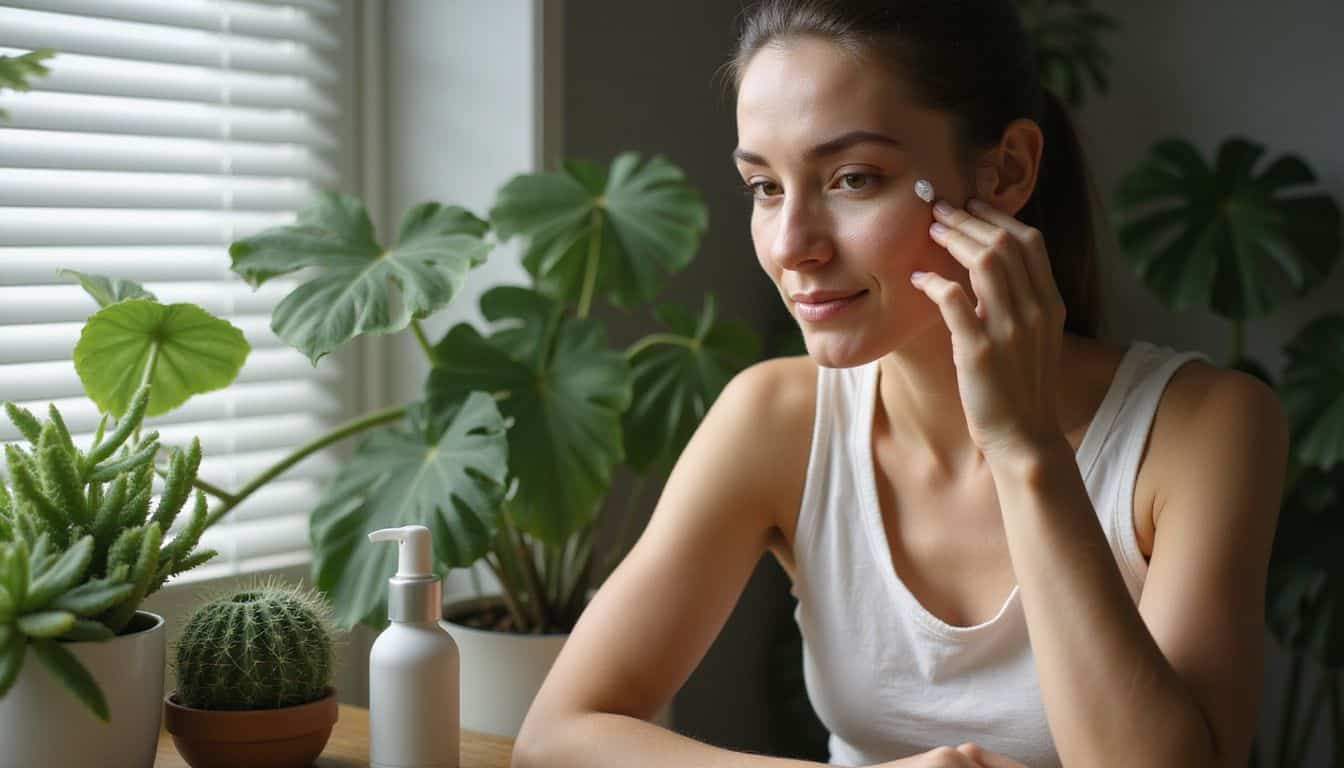
Apply antioxidant-rich skincare products in the morning to guard skin against UV rays and pollution all day. This shields your face from free radicals, which come from sun and smog.
Use serums with vitamin C or green tea extract before sunscreen for stronger protection.
At night, apply these products again to help skin repair damage caused by sunlight and smoke. Nighttime use supports recovery from oxidative stress while you sleep. For best results, include antioxidants in both your morning and evening skincare routines along with moisturizers that contain hyaluronic acid or ceramides.
How Can You Strengthen and Repair Your Skin Barrier?
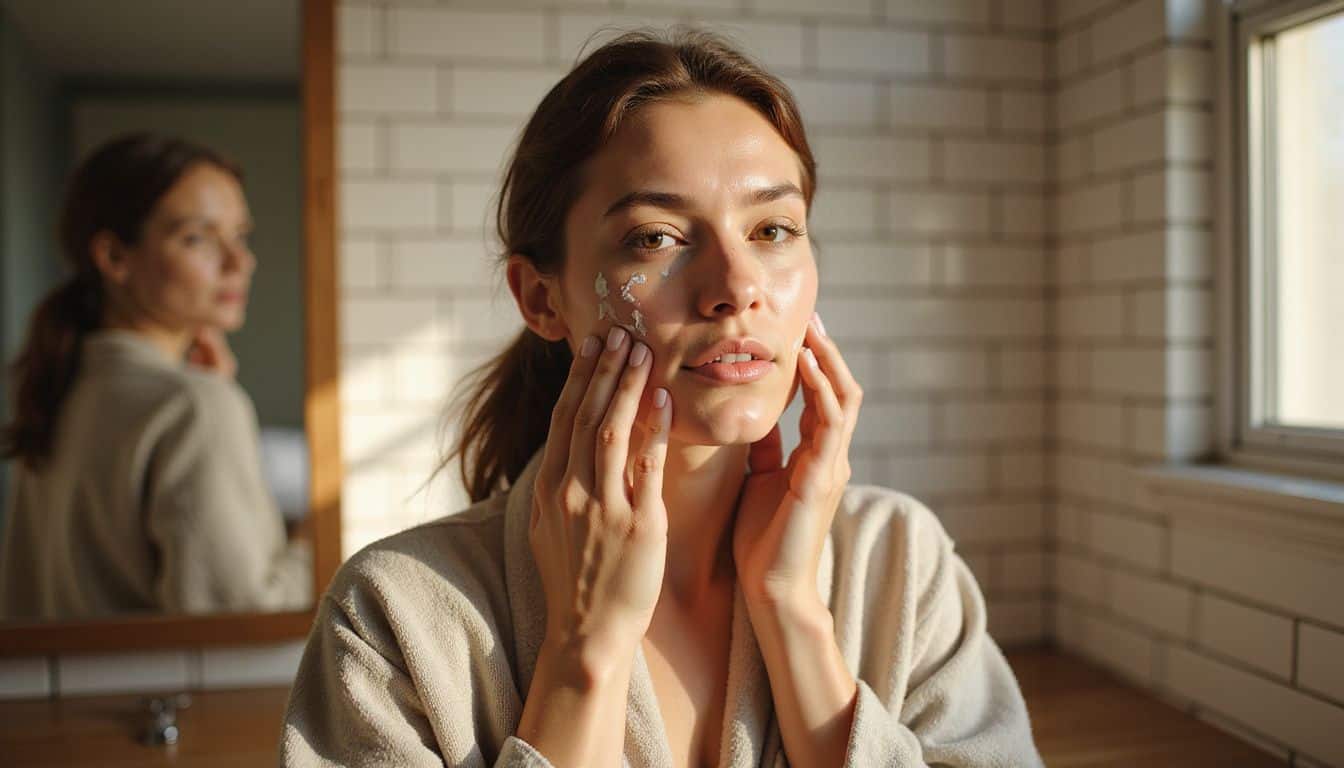
Strong skin blocks dust, fumes, and harsh weather. Pick moisturizing creams with shea butter or hyaluronic acid—they help your barrier heal from daily pollution and air quality problems.
What moisturizers with hyaluronic acid and ceramides help skin barrier health?
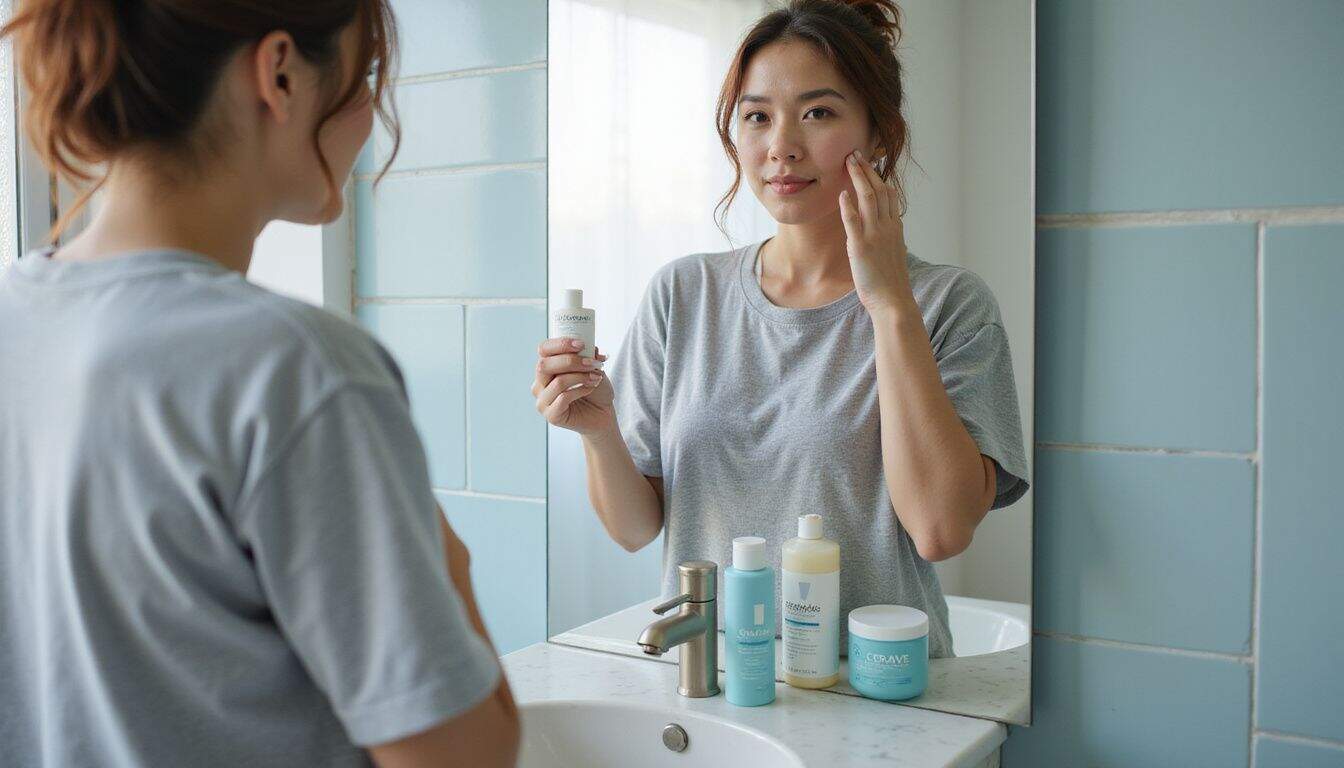
Moisturizers with hyaluronic acid and ceramides strengthen your skin barrier. Hyaluronic acid pulls in water, keeping skin soft and hydrated. Ceramides lock moisture inside by fixing the lipids on your skin’s surface.
Apply these creams daily to fight dryness or redness from air pollution, chemical peels, or exfoliants.
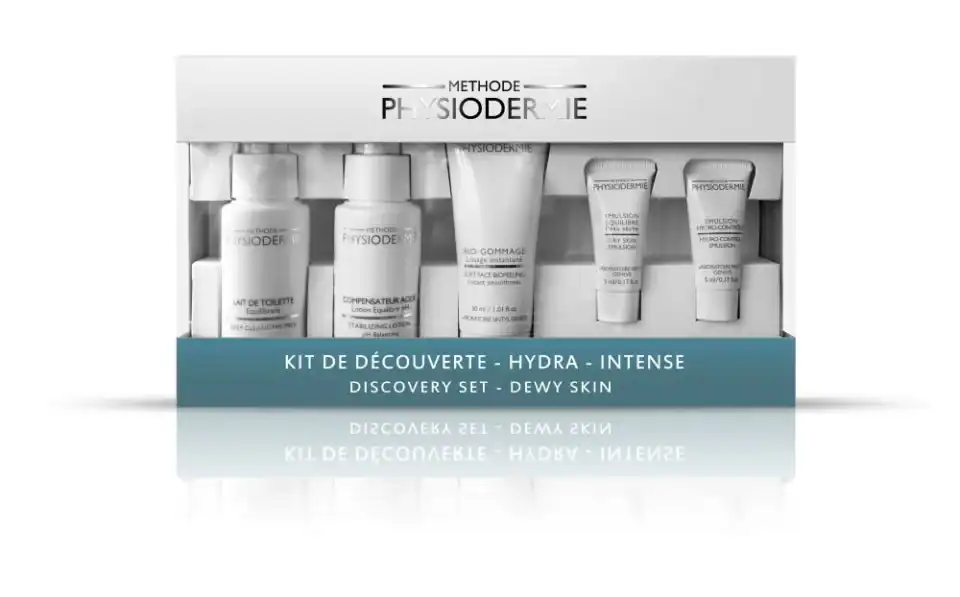
Brands like La Roche-Posay, CeraVe, Eucerin, and Vanicream use both ingredients in their body lotions and face creams. You can find high-quality moisturizing products at affordable prices in the LACREMELUXE online store: https://lacremeluxe.com.
I tried three moisturizers from this site last winter; my skin looked smoother after two weeks of regular use during dry weather. Dermatologists agree that using formulas with both hyaluronic acid and ceramides boosts resistance against damage from poor air quality or everyday environmental stressors like carbon monoxide or sulphur dioxide.
Why avoid harsh cleansers that strip natural oils?

Harsh face wash strips your skin’s natural oils. This weakens the protective barrier and causes dryness and irritation in 100% of users, according to dermatology studies. Loss of these oils makes it easier for pollutants like smog, dust, or chemicals from air fresheners and beauty products to enter your skin.
Dry skin cracks more easily. That leads to faster aging, redness, or flare-ups in people with atopic dermatitis or psoriasis. For stronger protection against environmental damage, use hydrating cleansers with prebiotics instead of harsh detergents found in some skincare products.
“Healthy skin starts by preserving its natural moisture.”
Products with gentle surfactants help keep ceramides and hyaluronic acid levels balanced; both are vital for healing acne scarring and supporting the barrier against pollution tracked by the Environmental Protection Agency (EPA).
How Should You Cleanse Your Skin Properly?
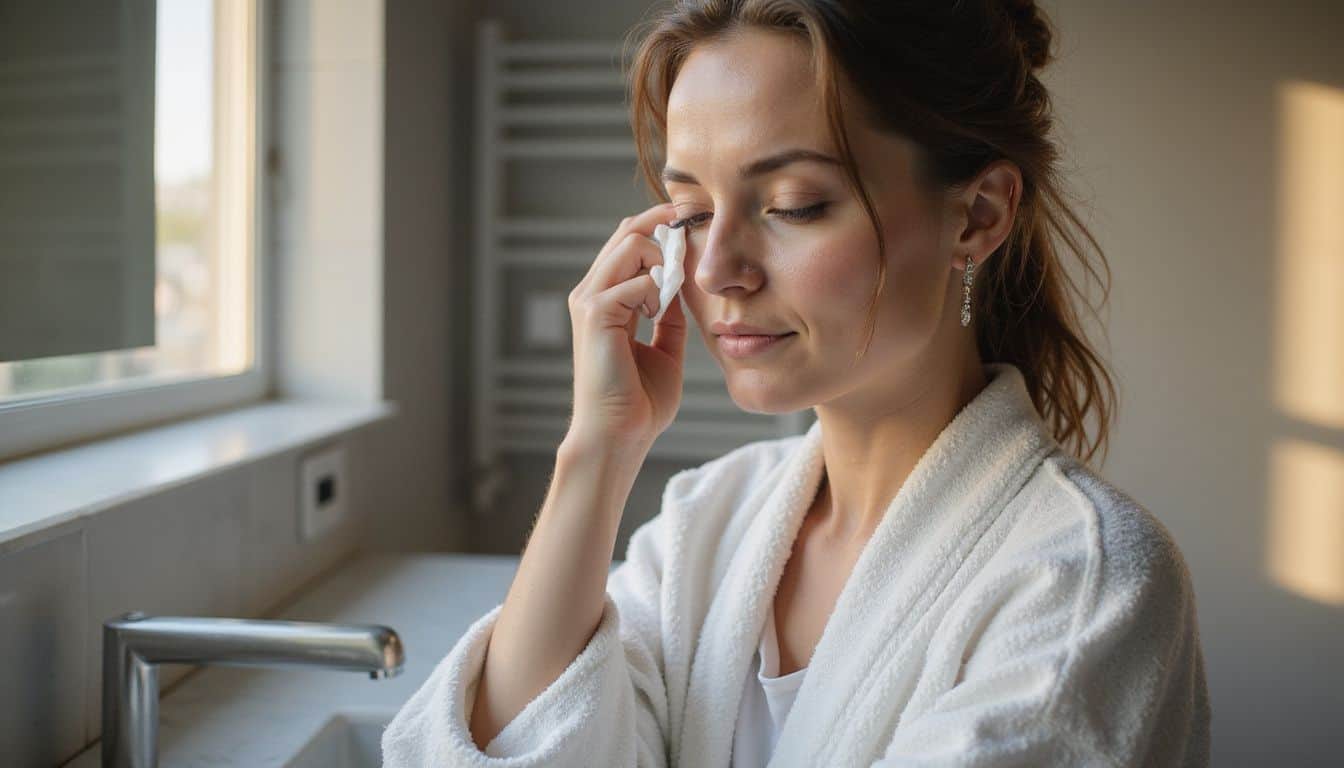
Clean your face with a gentle skin care product to keep away dirt and pollution. For more about simple routines that work, check out the minimalist beauty approach.
How often should you cleanse to remove pollutants and impurities?
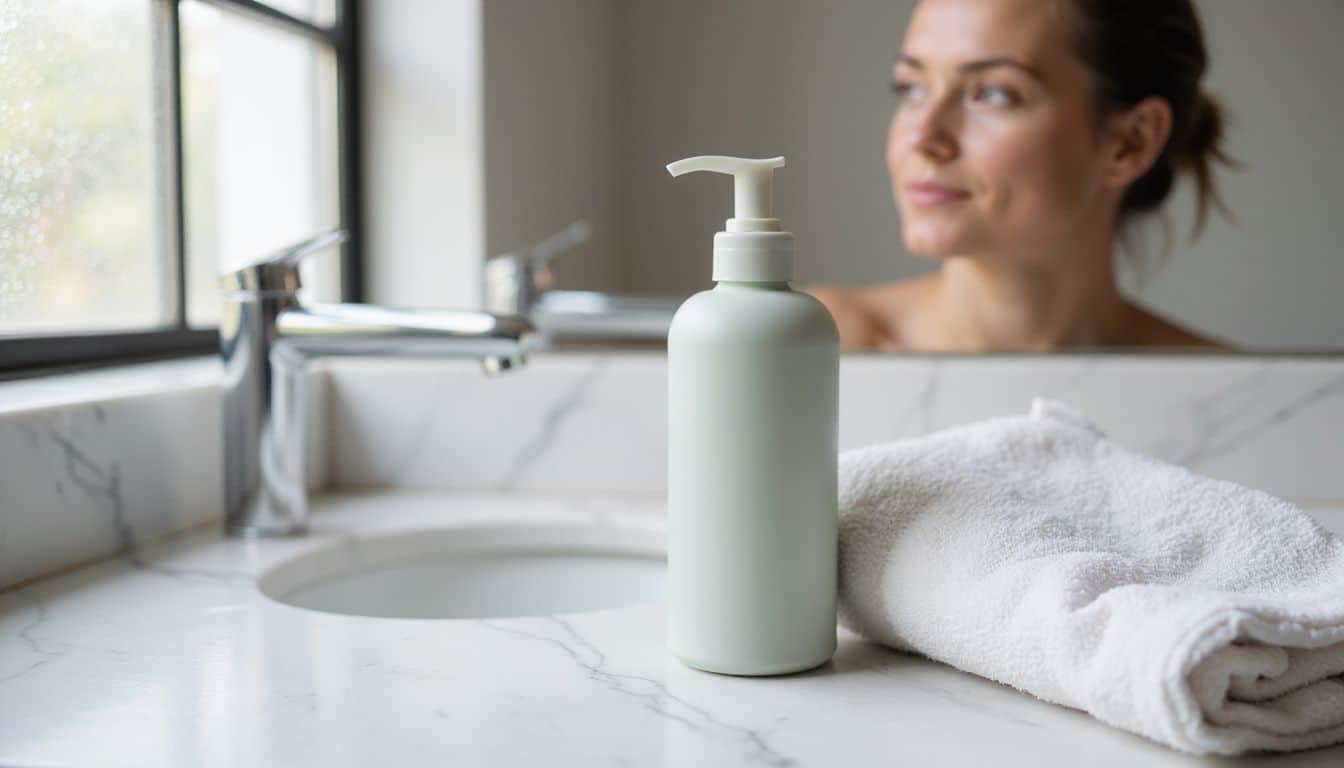
Cleansing your skin twice daily keeps pollutants and impurities away. Your morning routine removes sweat, oil, and dust from sleeping on pillows or using hair products. Nightly cleansing is essential to take off dirt, makeup, and high-efficiency particulate air (HEPA) particles that collect throughout the day.
This habit helps avoid clogged pores and supports a healthy complexion.
I always notice my skin feels fresher after a double cleanse in the evening; I see less redness and fewer breakouts too. Consistent use of gentle cleansers protects your skin barrier while helping keep melanin production balanced.
Stick with this simple step for stronger skin defense against environmental damage each day.
What is double cleansing and how does it improve skin cleanliness?
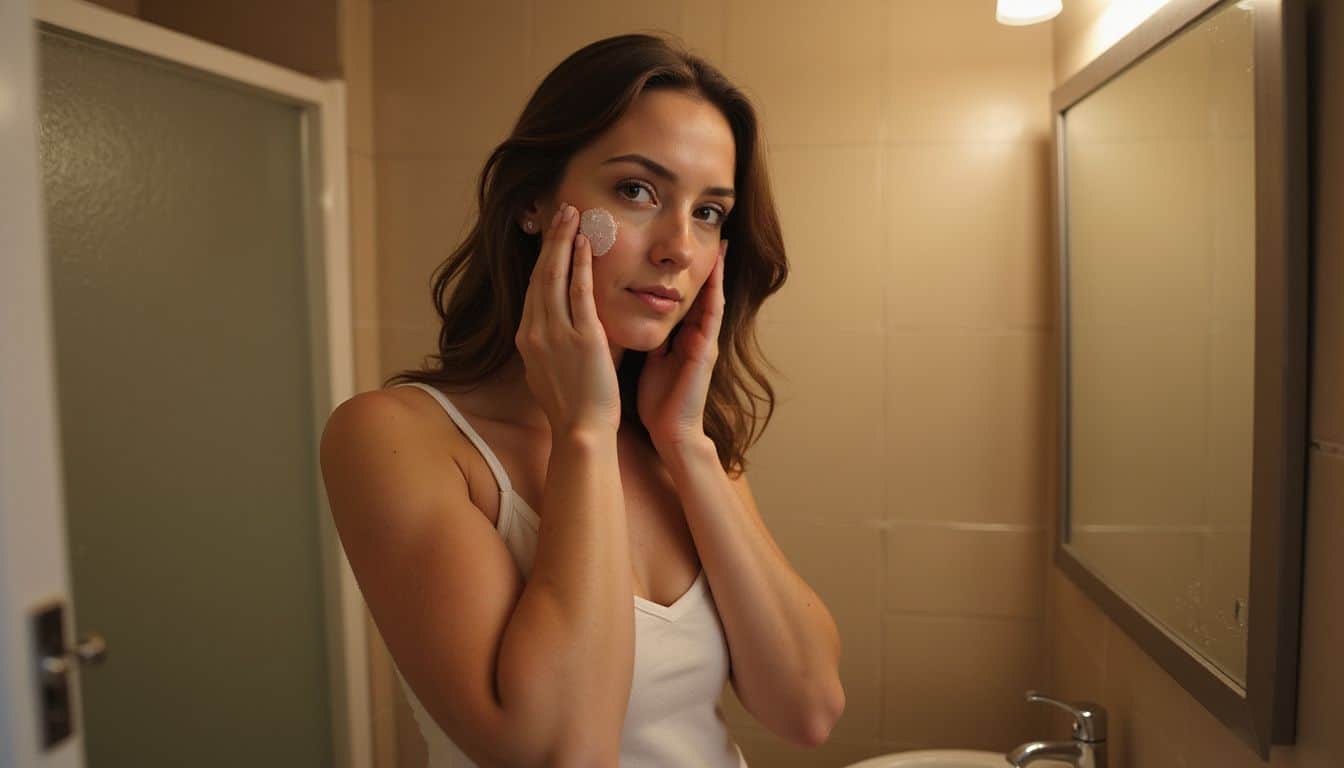
Double cleansing uses two steps. First, use an oil-based cleanser to break down makeup and sunscreen. Then, follow with a water-based cleanser to wash away dirt and sweat from your skin.
This method removes both oily and watery debris that pollute the surface every day. It clears pores more than single-step cleaning.
This process helps protect the skin barrier by stopping buildup from blocking serums or moisturizers with vitamin A or retinol. You get better absorption of hydrating ingredients like hyaluronic acid after double cleansing each night, especially if you live in cities with lots of pollutants in the air.
To strengthen your defense against environmental stress, switch focus to products that repair your natural skin barrier next.
What Lifestyle Adjustments Protect Your Skin?

Small changes like drinking more water and eating foods rich in vitamins help your skin fight outside stress. Try a few easy habits, then see even more tips on this comprehensive skincare routine for mature skin.
How does an antioxidant-rich diet benefit your skin?

An antioxidant-rich diet lowers oxidative stress by neutralizing free radicals. Eating foods high in antioxidants like berries, spinach, and tomatoes makes skin more resilient against pollution and UV rays.
Studies show that fruits and vegetables protect your skin from damage while slowing signs of aging.
Adding vitamin C, E, or green tea extract into meals helps fight outside threats. This action supports the skin barrier and keeps it healthy. You also help maintain your wellness because less oxidative stress leads to fewer inflammatory reactions on your face.
These benefits make an antioxidant-rich diet a proven step for better-looking skin every day.
Why is staying hydrated and managing stress important for skin health?

Drinking enough water keeps your skin moist and stretchy. This stops dryness, cracking, and irritation. Even mild dehydration can make fine lines look deeper. Experts suggest drinking 8 glasses of water each day for healthy skin.
Stress releases cortisol in your body. High levels of this hormone trigger breakouts or make eczema worse in many women. Keep stress low with deep breathing, exercise, or short daily walks.
A balanced routine supports both mind and skin health.
Eating foods rich in antioxidants like berries and green tea can help fight damage from outside factors too. Next up: learn how skincare protection will change by 2025—exciting updates are ahead!
How Will Skincare Protection Strategies Evolve in 2025?
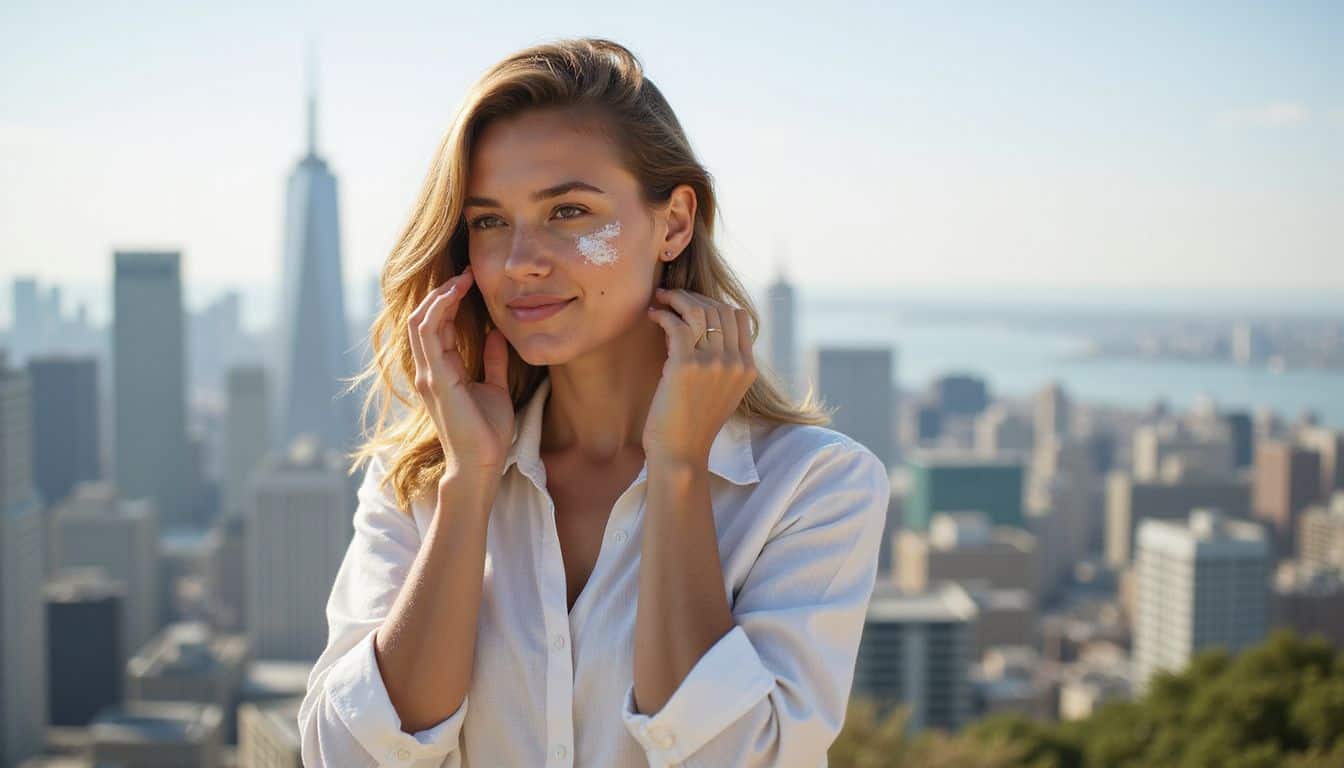
In 2025, skin care products will target pollution with smart peptides and strong antioxidants like idebenone. Daily sunscreen use remains critical; broad-spectrum formulas with SPF 30 or higher will protect against all sun types.
Newer sunscreens may also block blue light from screens. Antioxidant-rich serums with vitamin C, E, and green tea extract will become more common for fighting damage.
More companies will make moisturizers with hyaluronic acid, ceramides, and glycerin to fix weak skin barriers fast. Double cleansing routines using gentle face washes will remove toxins better than before.
Protective clothing such as hats and sunglasses—plus clever accessories—will join vitamin D support as simple tools for healthy skin. Experts expect new items to prevent harm from city smog by trapping toxins before they reach your pores; retinyl palmitate in cream form may boost results along with regular exfoliation once or twice each week for clearer, stronger skin.
People Also Ask
What are the best ways to protect skin from environmental damage?
Use sunscreen daily, wear hats or long sleeves outside, apply moisturizer often, clean your face at night, stay in the shade when possible, and avoid harsh chemicals.
How does sunscreen help prevent skin damage?
Sunscreen blocks harmful rays from the sun; it lowers your risk of burns and slows signs of aging like wrinkles or dark spots.
Why should I moisturize my skin every day?
Moisturizer keeps your skin barrier strong; it helps stop dryness caused by wind or pollution and makes your skin less likely to crack.
Does washing my face really protect against environmental harm?
Yes; washing removes dirt and toxins that build up during the day so your pores stay clear and your skin can repair itself overnight.
